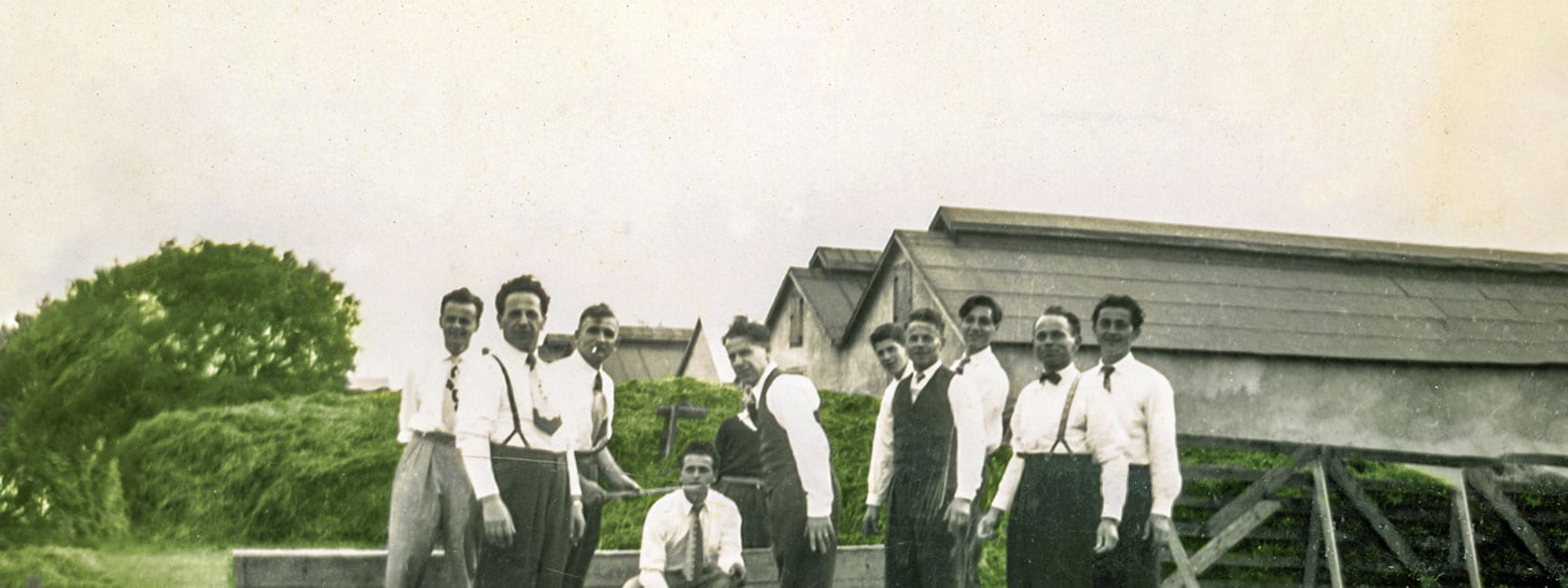Date
May 10, 2011
Maker
Columbus Centre
Accession#
ICEA2011.0057.0001
Interview With George Nincheri
George Nincheri talks about his life growing up in Montreal during World War II and his father Guido Nincheri‘s career as an artist. George describes his father’s childhood in Italy, and how he was able to win a scholarship to an arts college. After immigrating to Canada, Guido worked primarily doing contracts for a number of churches. George describes being a model for his father’s work, and appearing as an altar boy or an angel in church paintings. Despite his protests, Guido was forced to paint a fresco of Mussolini on the walls of the Madonna della Difesa Church, which branded him as a fascist, and eventually led him to be arrested and sent to Camp Petawawa. His wife, Julia, was able to arrange his release after three months by showing the Royal Canadian Mounted Police (RCMP) Guido’s original sketches for the church, which did not include the portrait of Mussolini. As a teenager, George entered a seminary and trained in priesthood. As a priest, he served communities in both Ottawa and Montreal, and found that his three languages held him in his work with immigrant communities.
George Nincheri speaks about his father Guido Nincheri‘s early life and schooling in Italy.
George Nincheri speaks about his father’s artistic career and how he came to live in Montreal.
George Nincheri speaks about his life in Montreal and discusses how he entered the seminary and became a priest.
George Nincheri describes Italo Balbo’s visit to Montreal in the 1930s and what this meant for Italians.
George Nincheri continues discussing Italo Balbo’s visit to Montreal.
George Nincheri speaks about his father Guido Nincheri.
George Nincheri speaks about his parents attending social events in the Italian community.
In this clip George Nincheri speaks about his father’s artistic works.
George Nincheri speaks at length about his father’s fresco in the Church of the Madonna della Difesa in Montreal.
George Nincheri describes how he found out that his father had been arrested and interned in Petawawa.
George Nincheri describes the role his mother played in getting his father released from the internment camp. He also speaks about the discrimination the Italians faced during WWII.
George Nincheri mentions that he never spoke about the internment period with his father after his return home.
George Nincheri speaks about the silence regarding the internment that existed in the Italian community in Montreal.



